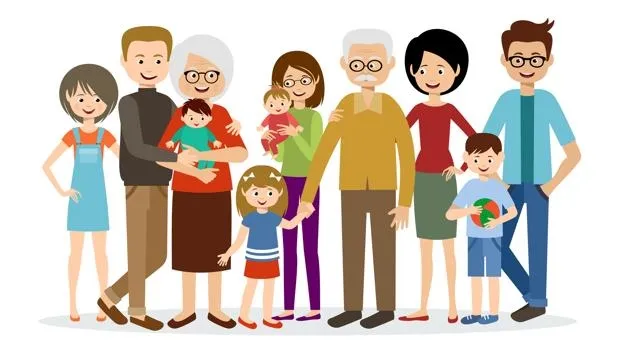People with family support achieve better diabetes control, according to the study 'Family support and glycemic control in patients with type 2 diabetes in a family medicine unit in Acapulco, Guerrero, Mexico' in which both patients and family members have participated.
In this way, it is extracted that people suffering from type 2 diabetes who receive high family support are 2.7 times more likely to achieve good metabolic control, unlike those who have medium or low support.
Experts agree that the patient's environment is an important support, provided it helps to strengthen behaviors that favor adherence to treatment."Without a doubt, the support of the family and friends is fundamental," says the endocrinologist of the Hospital de la Santa Creu I Sant Pau de Barcelona, Cintia González.
In this sense, there are a series of guidelines that relatives in charge of attending a dependent patient must follow, according to Roche, such as knowing the disease and their treatment;communicate easily with the medical team;Determine what aspects of the treatment will be the patient's responsibility and which should be under yours;or teach the patient to better manage their disease.
Diabetes is a chronic disease that is not easy to carry, "it is necessary to make many decisions up to date," explains the specialist.For this, the support of a professional team is needed, but with whom the patient coexists day by day is with his family and this must be involved to make this control more bearable.
According to the Spanish Diabetes Federation, in Spain there are almost 6 million people with this disease.The scope of this disease not only affects the person who suffers it, but also to their closest environment for needing a certain control and lifestyle.
The impact on family life depends on the type of diabetes and the diagnostic age, people with type 1 diabetes usually begin at an early age and the impact can be initially negative.While cases of type 2 diabetes are usually diagnosed at later ages, so "probably impacts less on the family," according to Dr. González.


